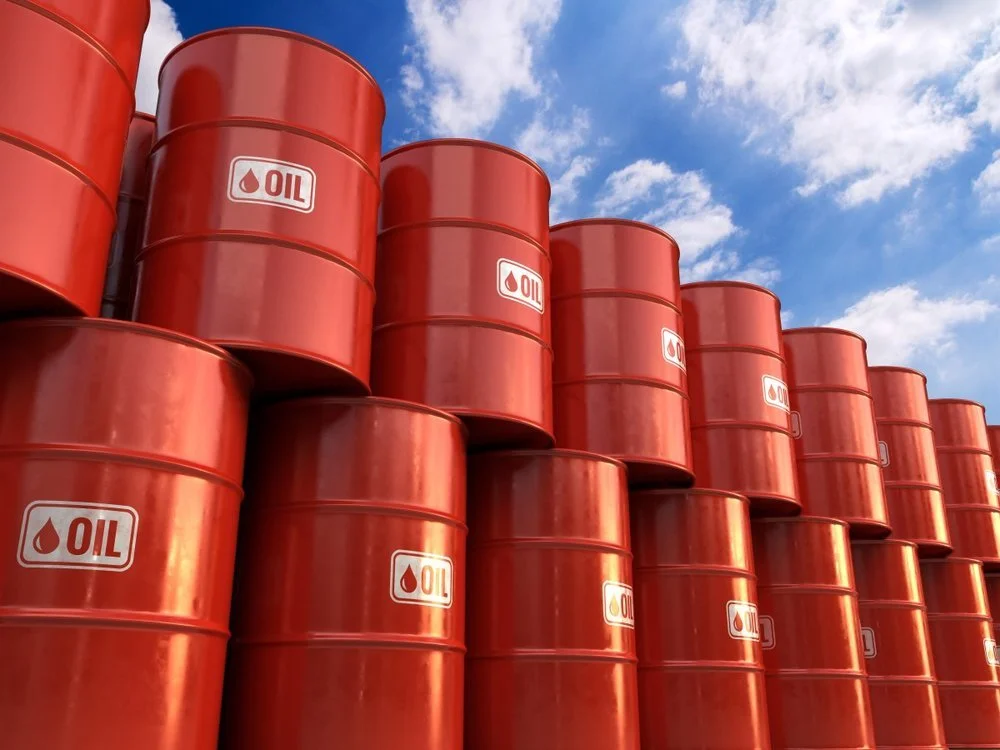
Market analysts are predicting a substantial surge in oil prices following Iran’s recent strike on Israel, which has heightened tensions in the region and raised concerns of broader conflict.
The weekend assault, directly targeting Israeli territory, comes in response to suspicions of an Israeli attack on Iran’s consulate in Syria earlier this month, amplifying fears of escalating hostilities.
Anticipation of Iran’s retaliation last week drove the global benchmark Brent crude to $92.18 a barrel, marking its highest level since October. While trading closed on Sunday, experts anticipate a significant increase when markets reopen.
Tamas Varga of oil broker PVM highlighted the likelihood of stronger prices upon trading resumption, noting the absence of production disruptions thus far and Iran’s indication of potential resolution. However, the sustainability of this rally depends on potential disruptions to regional supply chains. “It is only reasonable to expect stronger prices when trading resumes,” said Varga.
In response to the attack, U.S. President Joe Biden plans to convene a meeting with leaders of the Group of Seven major economies to coordinate a diplomatic response. Analysts, including Giovanni Staunovo from UBS, anticipate a spike in oil prices at the market’s opening, emphasizing the significance of Israel’s response and the outcome of the G7 meeting, particularly regarding sanctions on Iranian crude exports.
Under the Biden administration, Iran has significantly increased its oil exports, contrasting with reduced exports during Donald Trump’s presidency. Biden’s team asserts that it is not encouraging Iran’s export expansion but rather enforcing sanctions. However, diminished Iranian exports could further inflate oil prices and impact U.S. gasoline costs, a politically sensitive issue ahead of upcoming elections.
Additionally, attention is drawn to potential implications for shipping through the critical Strait of Hormuz, a vital route for global oil transportation. Iran has previously hinted at closing the strait if necessary, underscoring the significance of regional developments.
Read: Iran Seizes Israeli-Linked Cargo Ship in Strait of Hormuz
Ole Hansen of Saxo Bank emphasized that crude prices already included a risk premium, with further widening dependent on developments near Iran and the Strait of Hormuz. Thus, ongoing geopolitical events are likely to shape the trajectory of oil markets in the days ahead.
“Crude prices already included a risk premium, and the extent to which it will widen further almost exclusively depends on developments near Iran around the Strait of Hormuz.” – Hansen.
This post was last modified on April 14, 2024 11:51 pm
ISLAMABAD: The District and Sessions Court in Islamabad has upheld arrest warrants against Khyber Pakhtunkhwa…
A$AP Rocky made a heartwarming gesture by hosting an intimate dinner for Rihanna to celebrate…
Nintendo is set to bring back two classic Pokémon titles, FireRed and LeafGreen, for digital…
American Kaillie Humphries Armbruster found herself at the Olympic medal stand once more for her…
In Pakistan, airstrikes targeting militants in Afghanistan have left their infrastructure decimated across various provinces.…
Punjab's anti-corruption establishment arrested a primary schoolteacher this weekend on suspicion of accepting a bribe…
This website uses cookies.